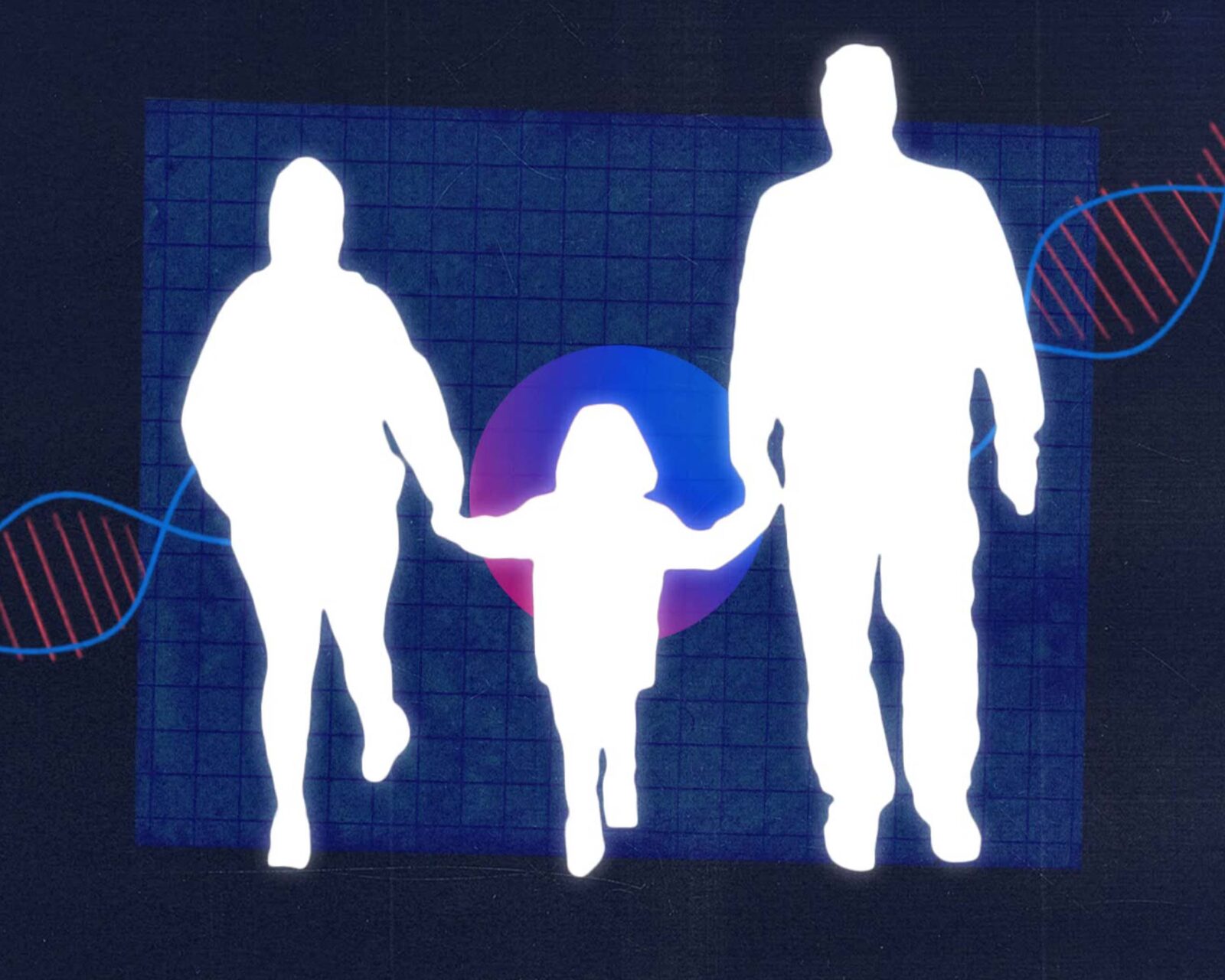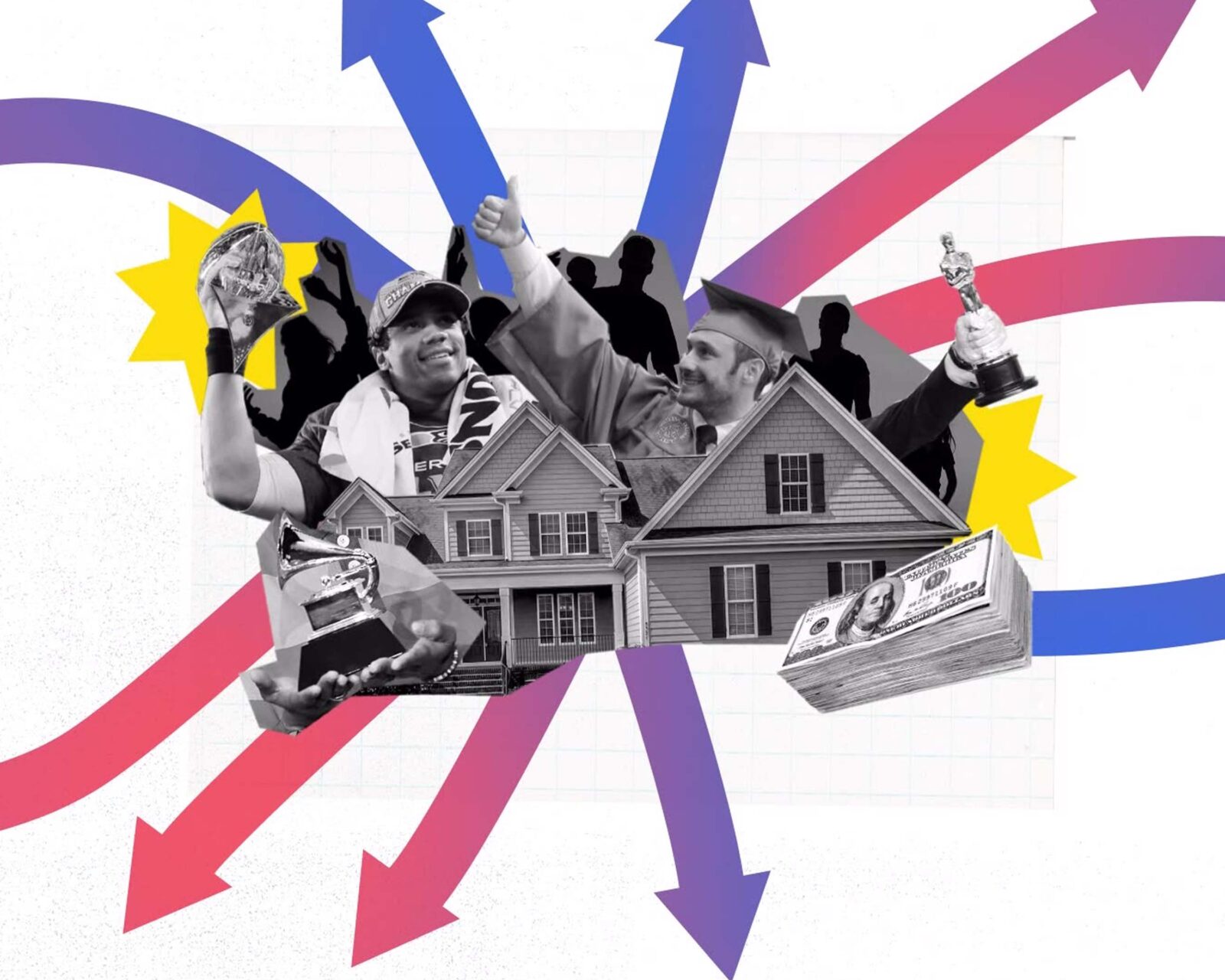Video Transcript
One of the genres of art, literature, and films that has captured our attention for thousands of years is tragedy. It’s the type of movie or book that doesn’t really have a happy ending. So why are we so drawn to this genre, and why has it lasted for so long?
The genre of tragedy has roots in the ancient Greek theater. The best way to define a tragedy is a story where the main character has something to lose and a fatal flaw that foretells his or her inevitable downfall and loss. But the real key to the tragedy is that we as the audience see downfall coming the whole time. This gives us a sense of suspense that keeps us wrapped up in the story.
Hitchcock explained suspense perfectly. He said, if suddenly a bomb goes off the audience is shocked for a few seconds, but if the audience is told 10 minutes in advance that a bomb will go off, then the audience will experience 10 minutes of dread. That’s suspense.
For example, in Shakespeare’s Romeo and Juliet, Shakespeare tells us at the very beginning: two star crossed lovers will take their own life. This inevitable moment is felt hanging over the entire play as the two fall in love. Some other famous examples of tragedy you might be familiar with are Homer’s Iliad, The Great Gatsby, The Godfather, Hunger Games, and Of Mice and Men.
Interestingly, there is a positive emotion that comes from experiencing the dread of the tragedy. That positive emotion Aristotle called catharsis. We experience a rising negative emotion when being confronted with a character’s fatal flaw and the suspense of their coming downfall. The final completion of this fall surprisingly results in the positive emotion of catharsis, or a release of those pent up negative emotions.
Often art and literature is a pleasant escape from facing the difficult reality of life. But tragedy forces us to confront the harshness of the human condition and to come to grips with the negative consequences of our actions or situation. Great art and literature taps into this hope we all have that life is not meaningless and absurd but has a deeper meaning. When faced with a story that is a tragedy, we’re experiencing the suspense of dread because it is in conflict with the hope we have for a happy ending to the story.
Because really, we all hope for a happy ending in our own lives. In a way, we can relate to the tragic character. We all have flaws, and we all know there is an inevitable downfall we’ll all experience – death. When we are watching the tragedy, we are faced with the conflict between the reality of life and our unexplained hope in a happy ending to the story.
Maybe this hope is why funerals capture the attention of millions of people. Especially funerals of beloved and famous people that had a huge impact on the world. This person we admire is doing incredible things in the world still faces the inevitable downfall of all of us: – death. Martin Luther King, Jr. died in Atlanta in 1968, and following his assassination he was refused a state funeral by Georgia governor Lestor Maddox. Even still, thousands of people gathered who either wanted to be present or watch this funeral. Queen Elizabeth II died in 2022, and there were estimates that over 4 billion people around the world watched the funeral.
So the question we really should be asking, that could explain why we’re drawn to tragedies is this: do we believe life is a tragedy?
Could the life of Jesus Christ be considered a tragedy? In order to save human existence God enters completely into the sinfulness of our world, taking on our fatal flaw, and experiencing our inevitable downfall Himself – death as a consequence of sin.
But Christ does not banish tragedy and replace it with a happy ending, but carries it into the heart of God. The theologian Hans Urs vonBalthasar wrote that Christ “fulfills the contradiction of existence…not by dissolving the contradiction but by bearing that affirmation of the human condition as it is through still deeper darknesses… ‘to the end,’ as love….”
And by doing so, Jesus redeems the tragedy of life.
Tragedy is part of the ordinary reality of the present fallen and broken order. For Balthasar, Christ was the true tragic hero of the world who exceeded all tragic literature and experience. We can’t seem to look away from the genre of tragedy, because it forces us to confront and feel the hope we have that somehow we can overcome our inevitable downfall.
A truly Christian funeral, in a lot of ways, is like the culmination of a Greek tragedy. We can’t ignore the fact that a death is always a tragedy. The character had a fatal flaw we all saw coming: our own mortality. But a truly Christian funeral is also a sign of hope, that Jesus has taken on the tragedy of our lives and suffered the consequences for us. We now stand waiting in the hope that life does have meaning, it is worth living, and we await our redeemed ending in Jesus Christ.




